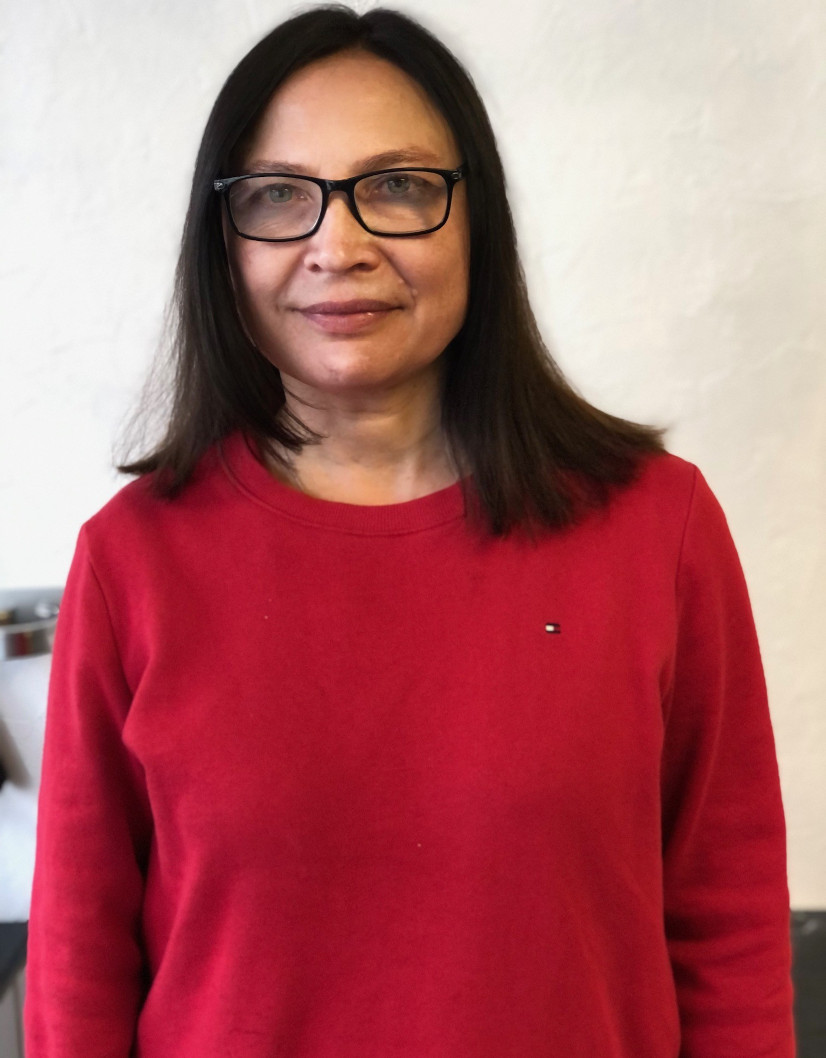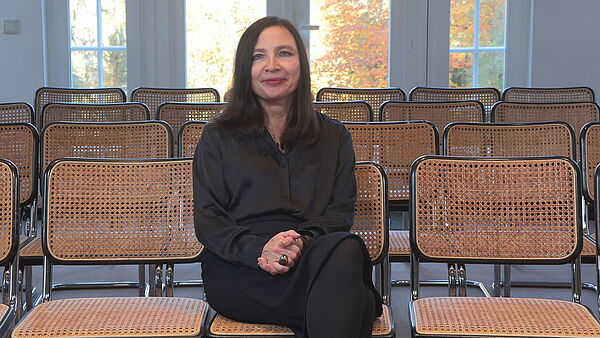
Tomila Lankina, DPhil
Professor of International Relations
London School of Economics and Political Science
Born in 1971 in Tashkent
BA in Indian Studies, Tashkent Institute of Oriental Studies, MA in International Relations, Tufts University, DPhil in Politics, University of Oxford
Arbeitsvorhaben
Historical Legacies of Social Development of the Frontier and Civic and Political Activism in Russia
The project builds on Lankina’s previous award-winning book on the Russian Empire’s institution of sosloviye (estates). Drawing on Max Weber’s analysis of the Russian estates, it explores the long-term significance of the pre-modern social divides for political regime dynamics in East European Countries, including Russia. The new project explores the implications of Russian social structure and the peculiarities of the social development of different regions for dissent in the present.I will systematically analyse how the historical legacies of social divides shape citizen propensity to engage in civic protest, street rallies, and other kinds of dissent. The proposed research agenda will include other social legacies (like the settlement of German communities in Russian regions; religious schism; religious pluralism in the regions; and historical variations in the political development of territories that are now in different countries, among them Ukraine, as contrasting cases of civic activism) and will explore how these legacies may impinge on patterns of protest activism in the present. It will also bridge distinct bodies of scholarship that are broadly concerned with analysing support for democracy/autocracy and protest but approach these questions from different theoretical angles and analytical traditions.
The data collection task includes three main components: 1) collecting more fine-grained data on patterns of religious settlement and tracing how it relates to subsequent social protest and activism in the Imperial period and in the post-communist period; 2) data on voting patterns and preferences of the different estates (sosloviya) in local government elections and zemstvo elections to gauge the extent to which the social variations in Tsarist Russia across the localities already shaped patterns of voting and civic and political activism before the Revolution; and 3) data on carefully selected cases that are otherwise similar when it comes to patterns of Soviet socio-economic development, but vary in political and civic activism in the post-communist period.
Being in Berlin for a year will allow this author to leverage materials on German settlement in the Volga areas and to conduct interviews with communities of descendants of Germans, who returned to Germany from Eastern Europe and Russia.
Recommended Reading
Lankina, Tomila, and Lullit Getachew. “Mission or Empire, Word or Sword? The Human Capital Legacy in Postcolonial Democratic Development.” American Journal of Political Science 56, no. 2 (2012): 465–483.
Lankina, Tomila, and Alexander Libman. “The Two-Pronged Middle Class: The Old Bourgeoisie, New State-Engineered Middle Class, and Democratic Development.” American Political Science Review 115, no. 3 (2021): 948–966.
Lankina, Tomila. The Estate Origins of Democracy in Russia: From Imperial Bourgeoisie to Post-Communist Middle Class. Cambridge University Press, 2022.
Publikationen aus der Fellowbibliothek
Lankina, Tomila (Cambridge, United Kingdom, 2022)
The estate origins of democracy in Russia : from imperial bourgeoisie to post-communist middle-class
Lankina, Tomila (New York, NY [u.a.], 2021)
Lankina, Tomila (Hoboken, NJ, 2012)
Mission or empire, word or sword? : the human capital legacy in postcolonial democratic development
